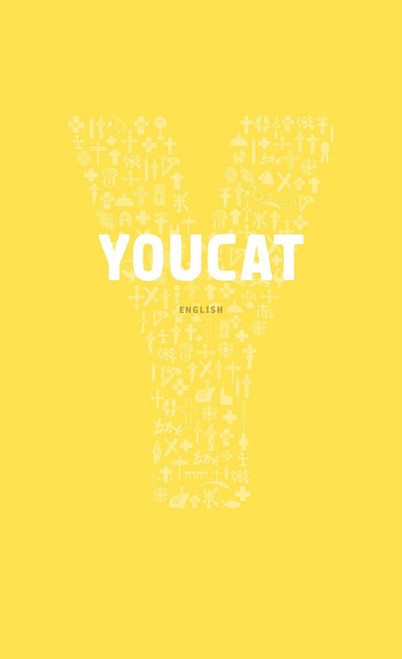What aspects of the Catholic faith are obligation? It seems a simple question, but the depth of information, practices, traditions, doctrine, dogma and misconceptions surrounding the faith muddies the waters significantly. In What Catholics are Free to Believe...or Not, Father Hughes provides answers in five chapters:
Faith and Practice
What Catholics Are Bound to Believe
What Catholics are Free to Believe or Not
What Catholics Are Bound to Practice
What Catholics are Free to Practice or Not
The chapters first appeared in the pages of The Ave Maria, their purpose being to clarify what is essential to the Catholic faith, and what is not. Are you a cradle-Catholic needing clarification? Are you new to the faith and need depth? Do you know someone who is considering conversion and desire to remove what might be obstacles to them? Brisk and refreshing, the writing of Father Hughes will sweep away countless errors and confusions, revealing the fullness of truth we enjoy within the Catholic faith.
What Catholics are Free to Believe...or Not Book Details
- Essentials and Non-Essentials of the Faith
- Author: Fr. H. G. Hughes
- Binding: Paperback
- 118 Pages
- ISBN: 9781622823512
- 5” x 1/2” x 6-3/4"
Highlights
- The real reason Catholics accept the doctrines of the Church: it's simpler than you may think
- The very minimum every Catholic must believe and do: do you know where the line is drawn?
- The worship and services that all Catholics must render to God (Can you name them?) and the ones they are free to practice or not
- How inquirers (and believers, as well) can assent to the Catholic faith without knowing each and every one of her teachings
- Why the Church will not -in fact, cannot - ever ask the faithful to assent to a proven truth of reason
- Which miracles all Catholics are required to accept and the ones they can legitimately doubt (plus, an easy way to tell the difference)
- How revelation gives birth to and limits the reach of the Church's doctrinal authority
- That, contrary to popular belief, the Church since apostolic times has never taught a new doctrine
- Where the Church has authority over the conclusions of science (and where She has none)
- The religious obedience is due even to some non-infallible declarations of the Church
- What, precisely, Catholics are required to accept in Church pronouncements about apparitions, relics, scapulars, shrines, holy images, and other popular devotions, and what they need not believe.









